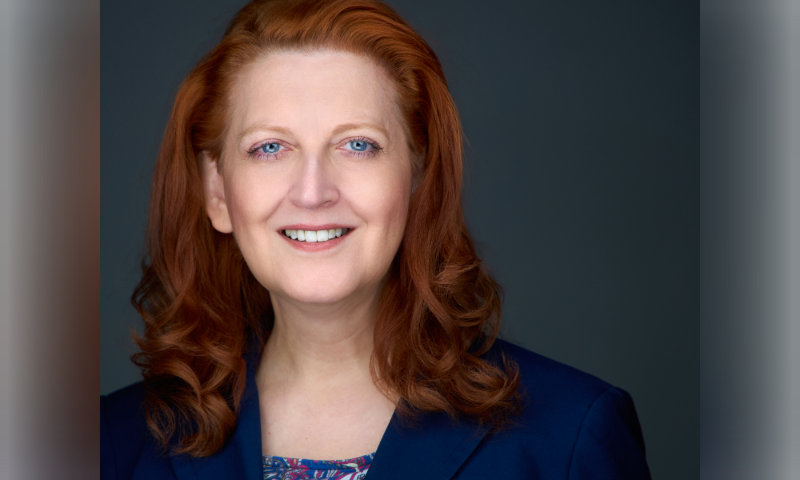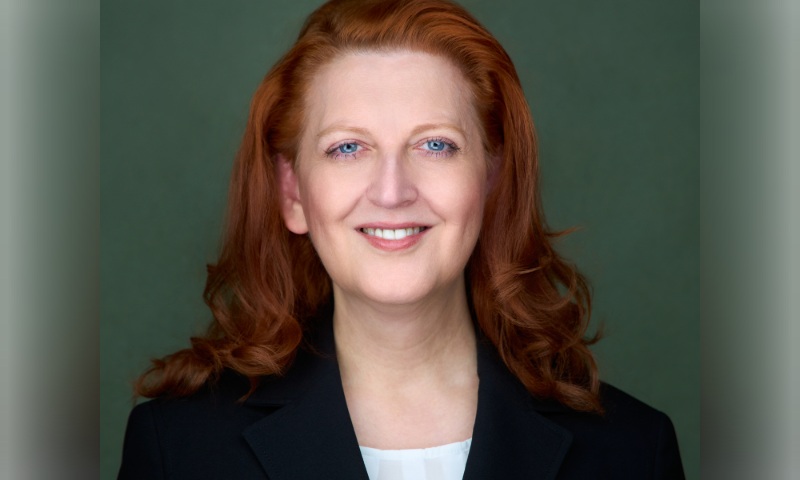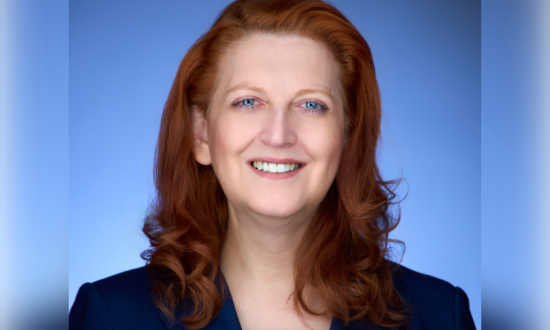Morgan Templar is a 20+ year veteran of managing and transforming healthcare data. She is a best-selling author of two books: “Get Governed: Building World Class Data Governance Programs” and “A Culture of Governance.” She is currently the CEO of First CDO Partners. Her mission is to create a better world with better information. Through her years as a large-scale digital transformation leader and data executive she knows firsthand the struggles that plague data projects and strategies. Morgan works with data teams around the world to implement and improve data management programs and deliver data culture training.
Recently, in an exclusive interview with Digital First Magazine, Morgan shared her professional trajectory, the inspiration behind establishing First CDO Partners, insights on diversity and inclusion in tech, the best piece of advice she has ever received, future plans, words of wisdom, and much more. The following excerpts are taken from the interview.
Hi Morgan. Please tell us about your career path. What experiences have brought you here?
The primary theme to my journey is saying, “Yes”. When someone offered me an opportunity, I took it. If it meant moving across the country, we did it – 3 times. If I needed a degree or certification, I pursued and acquired it. I embraced the fluidity of life and enjoyed the journey.
I have had a very non-linear career path. There was no curated experience. I took on extra assignments. I taught myself to code with just the textbook for Foxpro, SQL and C+. I said yes to new challenges. I wanted to be a leader, so I volunteered with our state association of medical credentialing where I was elected President. That led to a management role.
I continued the pattern of getting more education, starting with my Bachelor of Science in Communications – Public Relations. It may not seem relevant, but the lessons learned there have continued to fuel my journey. Of course, I was still working 50-hour weeks and going to school full-time with a disabled husband and four teenagers at home. My Master of Science in Healthcare Administration was also completed while working long hours as a director for a six-hospital system. Only one teenager was at home then.
There have been times when I had to take a step back to find the right step forward. It’s a defensive play on the career timeline that must be properly managed. I found a love of digital transformation and data management. Data is the key to knowledge which fuels innovation.

What was the inspiration behind establishing First CDO Partners? What is its mission and vision?
The average tenure for a Chief Data Officer in the USA is about 28 months. This is a red flag that something about this role was not inspiring trust by the Board and leadership team.
First CDO Partners is here to serve as a coach for a sitting CDO or as an interim CDO role in an organization without a CDO (or equivalent VP/SVP) role,
There are two main problems that inhibit success for a CDO:
- Data is hard work and takes a long time.
- The necessary data foundation has not been invested in, leaving companies with massive data debt.
Confronted with this situation upon arrival, most CDOs fail to get enough control of the data environment to make a strategic difference. This is where First CDO Partners comes into the picture. We bring experts to interview key stakeholders to perform a Data Capability Gap Assessment. With gaps in hand, we support the CDO in prioritization, with input from the stakeholders and alignment with the company strategic plan. Meanwhile, the CDO can spend their time building executive relationships – the hidden key to success.
Although we are not a staffing agency, we will staff a data office for a short time until the executive sponsor is able to get approval for the data team we recommended.
Our Mission and Vision are Simple:
- Vision: “Create a better world through better information”
- Mission: “Enable access to AI and Digital Capabilities by making data understandable, available and transparent.”
You are also an Advisory Board Member – Data AI Trust Advisory board at TheAssociation.AI. Can you please tell us about this association and your role in it?
TheAssociation’s Ethics & Policy Board, also known as the Data AI Trust Advisory (DATA) Council, is a pioneering initiative that brings together practitioners from various disciplines to shape the responsible development and implementation of AI technologies.
As the AI landscape continues to evolve, it is crucial to establish a neutral, informed voice that can guide the formation of AI ethics and policy.

What are your thoughts on diversity and inclusion in tech? How important is it to have authentic conversations with leaders, professionals, and changemakers to create more acceptance across the globe?
We live in a global society. Especially in tech we are likely to have colleagues and friends on every continent. Bringing perspectives from everywhere makes us stop and consider cultural context. This consideration should, and usually does, saturate the culture. Approaching team members with good intent, and expecting good intent, lets us work through unexpected differences.
Neural diversity, gender diversity, age diversity and the many other kinds of things that are individual differentiators should be seen as added value to a team. We all have different skills. Let’s appreciate what everyone brings to the table.
In your academic or work career, were there any mentors who have helped you grow along the way? What’s the best piece of advice you have ever received?
I have had a few mentors, but honestly not many. Most of those mentors were coworkers or leaders who took a moment to offer that helping hand or word of advice that I would later realize helped shape my path.
The best advice I ever received was from a mentor who helped me negotiate an executive compensation package that was particularly favorable to me. He helped me shape that conversation. It was a rare moment when I was compensated as well or better than my male peers.
The meaning of leadership can change from one era to another, how would you define the meaning of leadership today?
Today’s workforce expects a level of tolerance for personal choice in work style – remote, in office, or hybrid. They may also be geographically dispersed with different time zones. A leader today must be able to make connections with their team regardless of when or where they work. Leaders need a flexible nature which builds bi-directional trust. Performance must be measured by outcomes not time clocks.

What is it that motivates and inspires you in your everyday life?
My husband, Stephen, is my greatest inspiration. He lives with chronic vertigo, which makes everything more challenging for him. His dizziness impacts his sight, hearing, walking, and sleep. Yet, despite these difficulties, he remains incredibly friendly and happy. He always looks out for others and rarely complains about the hardships he faces. I strive to follow his example, and it truly puts things in perspective for me.
Fun fact about you?
I hold the noble title of Baroness of Strathdale Cairns, County Caitness, Scotland. I am the Baroness in my own right, meaning holding the title individually and not from marrying my husband. Scotland and Austria are the only two countries who still officially use the title Baroness.
What is your secret to striking a work-life balance?
My secret is Not trying. There is no balance. There is multi-threading. Sometimes work is a higher priority and sometimes home and family are the priority.
Where do you see yourself in the next 5 years?
Semi-retired after selling the company. Spending time on Boards. Getting more involved with my community. Writing fiction instead of non-fiction.
What advice would you give to women who want to enter the tech industry?
My advice to women: You should absolutely go into Technology, Data, Analytics, Digital, and Engineering. There are amazing organizations to support and help you. Everything from “Girls who Code” to “Women Leaders of Data, Analytics and AI,” and “Women in Data.” We are not alone in the field anymore. As of this writing, the Data that runs the US Space Force is run by women – both the CDO and CAIO. Data is a great career for women.






